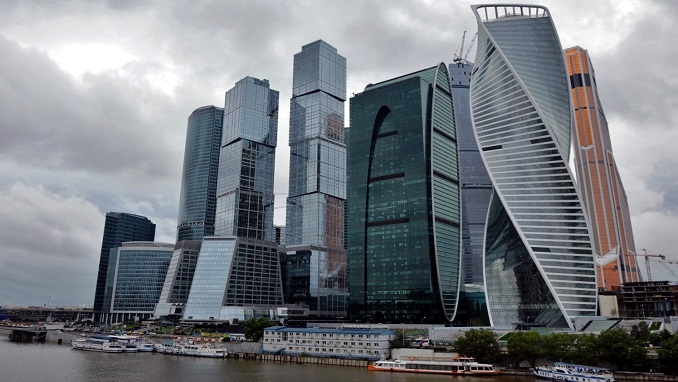Russian bank TCS Group Holding reported on Thursday a 25% rise in second-quarter net profit, but said it expects full-year earnings to fall as it reintroduced guidance after scrapping it last quarter due to the COVID-19 pandemic, Reuters reported.
The Russian banking sector has taken a hit from the coronavirus and related lockdowns, which are expected to have pushed the economy into recession and pressured prices for oil, its key export, while weakening the rouble.
TCS, the parent company of online bank Tinkoff, withdrew full-year guidance last quarter amid uncertainty related to the outbreak.
Reintroducing its targets on Thursday, it said it now expects net profit to come in at 30 billion-35 billion roubles ($410 million-$478 million).
Previously it had expected profit to increase to 42 billion roubles, another record, from 36.1 billion in 2019.
Looking further ahead, TCS warned it may see a higher tax burden in 2021 if Russia and Cyprus terminate an agreement aimed at avoiding double taxation after Moscow said talks to modify the deal failed.
TCS Group, set up in 2006, is incorporated and domiciled in Cyprus although its core activities are all undertaken in Russia where Tinkoff has over 10 million customers, making it one of the world’s biggest online banks.
“While management currently estimates that the tax positions and interpretations that it has taken can probably be sustained, there is a possible risk that outflow of resources will be required should such tax positions and interpretations be challenged by the tax authorities,” said a TCS Group representative.
TCS said its second-quarter net profit rose by 24.7% to 10.2 billion roubles, beating the market consensus reported by Interfax news agency of 8.2 billion roubles.
Return on equity (ROE), an indicator of how much profit the company generated from money invested by its shareholders, fell to 40% from 64.7% a year earlier.
The group’s non-performing loans’ ratio also rose to 10.8%, from 9.1% as of the end of 2019 “due to the consequences of the COVID-19 outbreak and the denominator effect as loan book growth slowed in the second quarter,” TCS said. Its loan loss provision coverage was 1.7 times higher than its non-performing loans.
TCS also said it expected its net loan portfolio to return to steady growth in the second half of the year.












